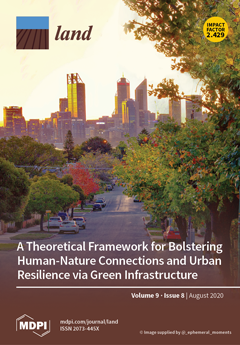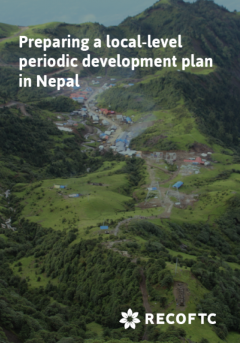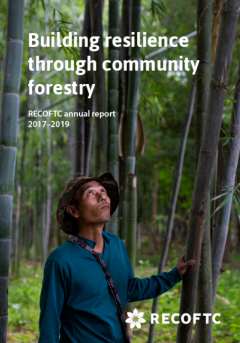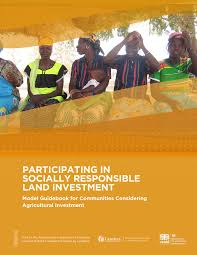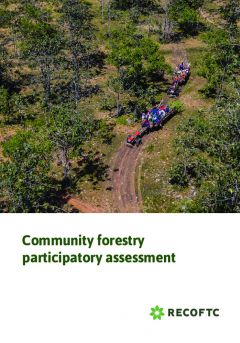Exploring the Potential and Contribution of UNESCO Biosphere Reserves for Landscape Governance and Management in Africa
United Nations Educational Scientific and Cultural Organization (UNESCO) Biosphere Reserves strive for a harmonious interaction between humans and nature. As landscapes provide suitable units to mutually address matters of conservation and sustainable development, this study aims to explore the potential and realized contribution of biosphere reserves for landscape governance and management. We emphasize the role of stakeholder participation and cooperation as an overarching condition for integrated landscape approaches.

